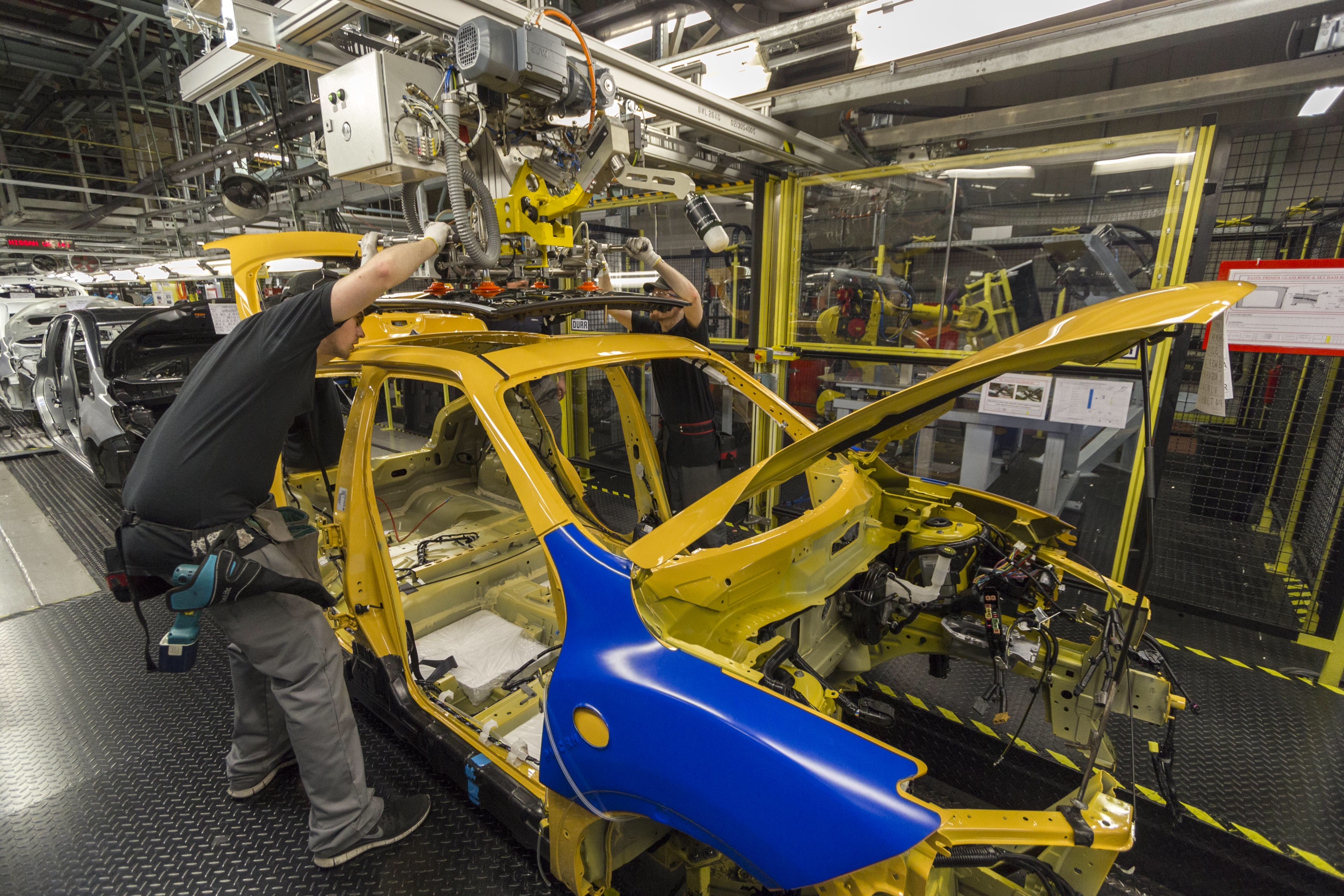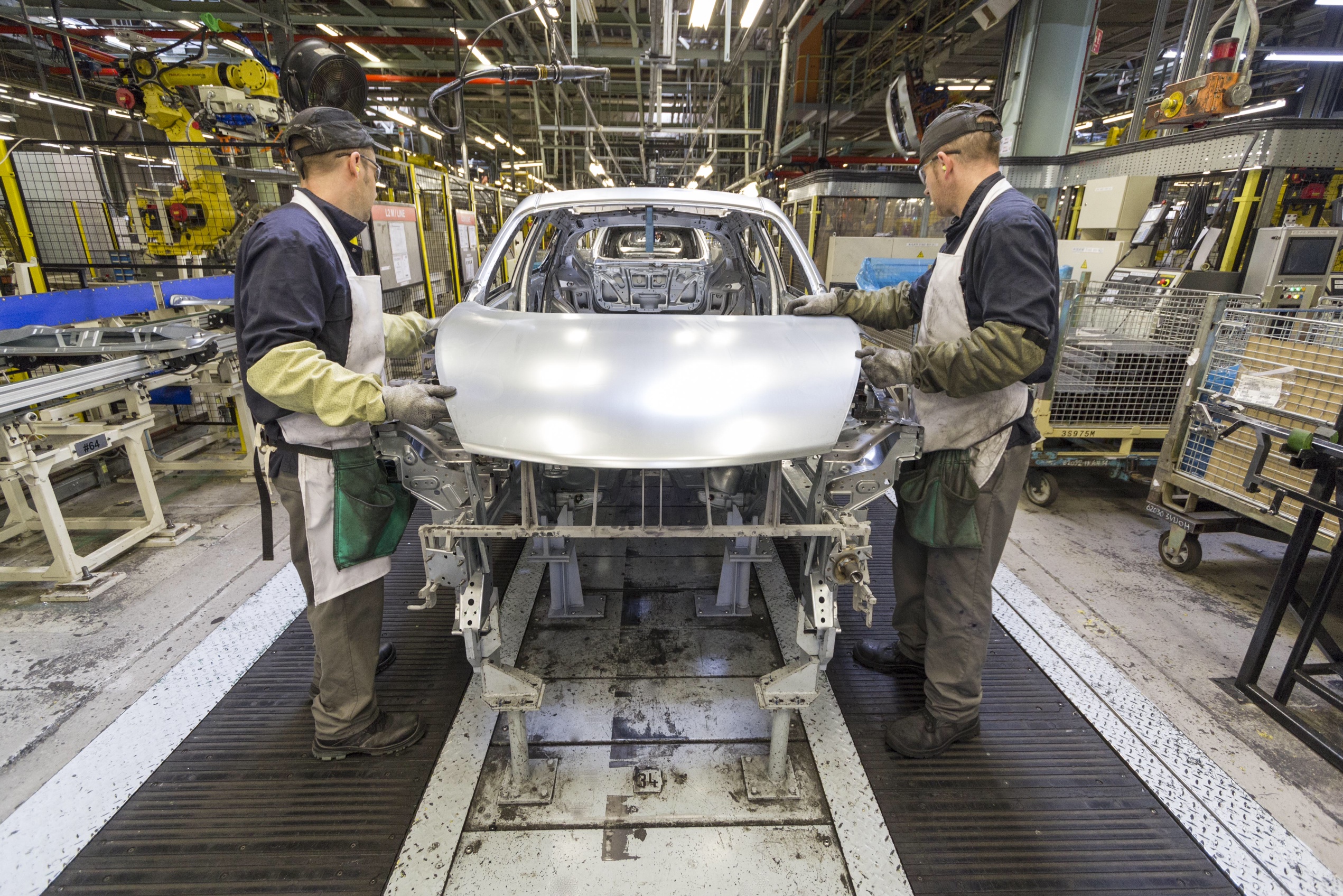As the nation’s biggest car producer in terms of volume since 1998, Nissan is a UK manufacturing success story, building one in three of the cars manufactured in the UK.
Last year Nissan produced over half a million cars at its Sunderland plant. The plant produces an average of 118 cars per hour, comprising the Qashqai, Note and Juke, as well as the pure-electric LEAF.
However, this high output is by no means guaranteed, as Sunderland is in competition with Nissan plants globally to secure manufacturing of new models. In its 28-year history, Sunderland has set and achieved many difficult targets, resulting in improved quality, cost and delivery, earning the reputation as one of Nissan’s leading manufacturing sites.
So how does the manufacturer ensure that it is able to meet and sustain this high capacity? All Nissan plants around the world operate with the Japanese culture of ‘Kaizen’ – meaning ‘continuous improvement’ – whereby all members of the organisation learn to spot and eliminate inefficiencies in their business processes. Running the business by this ethos ensures that high quality vehicles can be produced in the most efficient way possible.
Naturally, another key factor to this continued success is the people at Nissan; the manufacturer directly employs 11,000 people in the UK, 6,700 of which are at Sunderland, and supports a further 26,000 jobs in the UK supply chain.

Nissan is also focused on continually seeking young talent to join its organisation.This is achieved through undergraduate placements, graduate programmes and an apprenticeship scheme. On average, 45 placement students, 35 apprentices and 25 graduates will join Nissan every year. Many of these young people will go on to pursue long, successful careers with the company.
Damian Wheeler is one such example. Nearly 30 years after joining Nissan as a 16-year-old apprentice, he is still working for the company in the role of Maintenance Manager.
Damian said, “The appeal of an engineering apprenticeship with Nissan, for me, was to continue my further education in a vocation with the prospect of a real job at the end of it – and getting paid at the same time.
“Nissan has not only given me excellent technical skills, but also provided the structure and backdrop to grow on a personal level.”

Nissan, along with many other UK automotive companies, is taking part in the 2014 initiative. Organised by the Department for Business, Innovation and Skills (BIS), See Inside Manufacturing aims to change young people’s perception of manufacturing industries and make a career in industry an attractive option.
This is the second part of ‘Seeing inside manufacturing’ – a series focusing on the success of UK manufacturers and their employees. Part three will feature Vauxhall.









